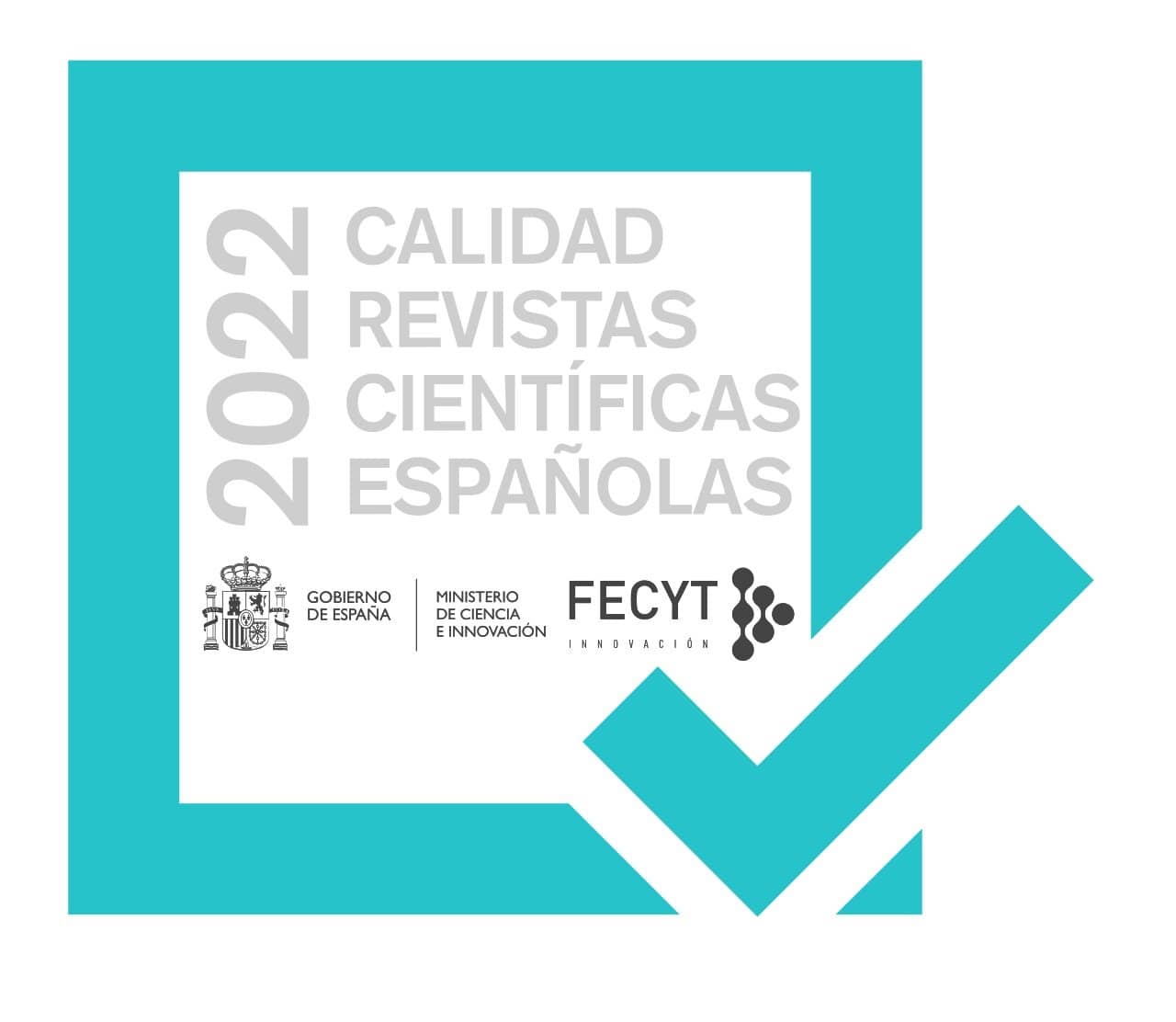The Differential Effect of Two Types of Direct Written Corrective Feedback on Noticing and Uptake: Reformulation vs. Error Correction
Abstract
Framed in a cognitively-oriented strand of research on corrective feedback (CF) in SLA, the controlled three- stage (composition/comparison-noticing/revision) study reported in this paper investigated the effects of two forms of direct CF (error correction and reformulation) on noticing and uptake, as evidenced in the written output produced by a group of 8 secondary school EFL learners. Noticing was operationalized as the amount of corrections noticed in the comparison stage of the writing task, whereas uptake was operationally defined as the type and amount of accurate revisions incorporated in the participants’ revised versions of their original texts. Results support previous research findings on the positive effects of written CF on noticing and uptake, with a clear advantage of error correction over reformulation as far as uptake was concerned. Data also point to the existence of individual differences in the way EFL learners process and make use of CF in their writing. These findings are discussed from the perspective of the light they shed on the learning potential of CF in instructed SLA, and suggestions for future research are put forward.Downloads
The works published in this journal are subject to the following terms:
1. The Publications Services at the University of Murcia (the publisher) retains the property rights (copyright) of published works, and encourages and enables the reuse of the same under the license specified in item 2.
2. The works are published in the electronic edition of the magazine under a Creative Commons Attribution Non-commercial Share Alike 4.0.
3.Conditions of self-archiving. Authors are encouraged to disseminate pre-print (draft papers prior to being assessed) and/or post-print versions (those reviewed and accepted for publication) of their papers before publication, because it encourages distribution earlier and thus leads to a possible increase in citations and circulation among the academic community.
RoMEO color: green








